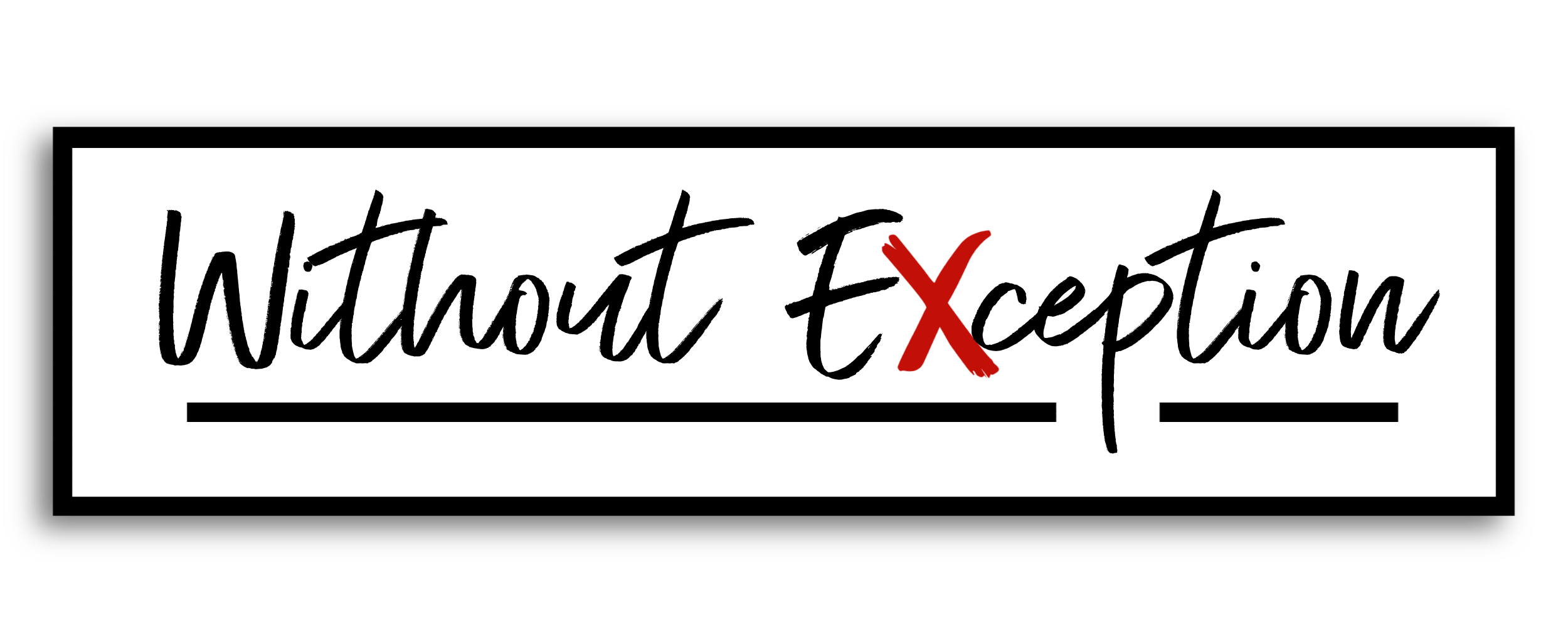As we turn the page to Amos’s prophecy, we see from the introduction that he’s largely a contemporary of the prophet Hosea who prophesied during the days of King Uzziah in Judah and King Jeroboam II of Israel (1:1). This means that he was one of those who served during the time of the divided kingdoms of Israel and Judah that we see chronologically in the book of 2 Kings. His ministry was directed primarily to the northern kingdom of Israel and took place approximately 50 years before their destruction by Assyria in 722 B.C.
God’s message through Amos isn’t gentle and it begins by calling the surrounding peoples to account for their sins: Syria, Philistia, Tyre, Edom, Ammon, Moab. Following this, there is a brief address to Judah and then to Israel. As we read these chapters, we’ll see the truth of the famous saying, “privilege creates responsibility.” It was one thing for pagans to act like pagans. This only makes sense! Now, this doesn’t spare them from judgment; however, it does make their sinful practices at least seem more sensible. They didn’t know God, and they acted as such. Again, it makes sense.
However, the message then hits Judah and Israel, the people whom God had chosen for Himself (3:2). To Judah, the criticism comes, “they have rejected the law of the LORD, and have not kept his statues” (2:4). They were those who had access to the law of God, unlike their neighbors! Yet, for many, their access to God’s laws brought no difference in the way they lived! In essence, God is saying, “You knew better.” The rest of these nations didn’t have the law, but you did.
It gets even worse, as the message is now directed to Israel, Amos’s primary focus in his prophetic ministry. Israel, we know also has the law, and their practices are egregious in the sight of God. They abuse the poor in a variety of ways, and they commit sexual immorality, profaning God’s holy name (2:6-8). In light of their sin, God recounts His goodness. He reminds them that He was the One who destroyed the Amorite inhabiting the land of Canaan and the One who brought Israel out of Egypt (2:9-10). The Lord had been so good to them, He’d given them the land promised to their ancestors, He’d given them prosperity, and yet in all of His giving they turned their back on Him. As such, destruction was coming upon Samaria (the capital of Israel) to the point where it could be likened to a shepherd cleaning up the few remaining pieces of a lamb that had been taken by a lion (3:12).
Out of all the peoples of the earth, God had chosen them (3:2). Yet, this didn’t create in them a sense of holy responsibility, but complacency and indifference. They abused their privilege, thinking they could live in any way they pleased and be right with God. Yet, God choosing them out of the world was so that they could be a light to the nations around them, not an example of sin and the oppression of the poor!
In the New Testament, the Apostle Peter says, “You are a chosen race, a royal priesthood, a holy nation, a people for his own possession, that you may proclaim the excellencies of him who called you out of darkness into his marvelous light. 10 Once you were not a people, but now you are God’s people; once you had not received mercy, but now you have received mercy” (1 Pet. 2:9-10). Once we were children of wrath (Eph. 2:3) but now are the children of God! (1 John 3:1). Consider the great implications of our salvation and the change that God has wrought on our behalf!
The Father has drawn us to Himself through His Son. He has expressed His incredible love for us in sending Christ to die for us while we were still sinners (Rom. 5:8) and He has made us heirs together with Christ (Rom. 8:17). If all these things are true, and they are, we are the most blessed and highly favored people on the earth. And if we enjoy such awesome privileges in Christ, should this not affect the way we live?
Israel’s position as God’s people brought them to a place of indifference. It caused them to walk in sin and reject His ways. It caused them to presume upon His grace. If God has grafted us in, made us fellow-heirs of the promises when we were once strangers, surely we must not fall prey to the same patterns. Privilege creates responsibility. Israel was privileged to know God and to be His chosen people. This created greater responsibility and thus greater indictment for their sins.
Let us be found faithful in His sight today as His children, walking in His ways, and seeking to bring Him glory in all we say and do.


Leave a Reply